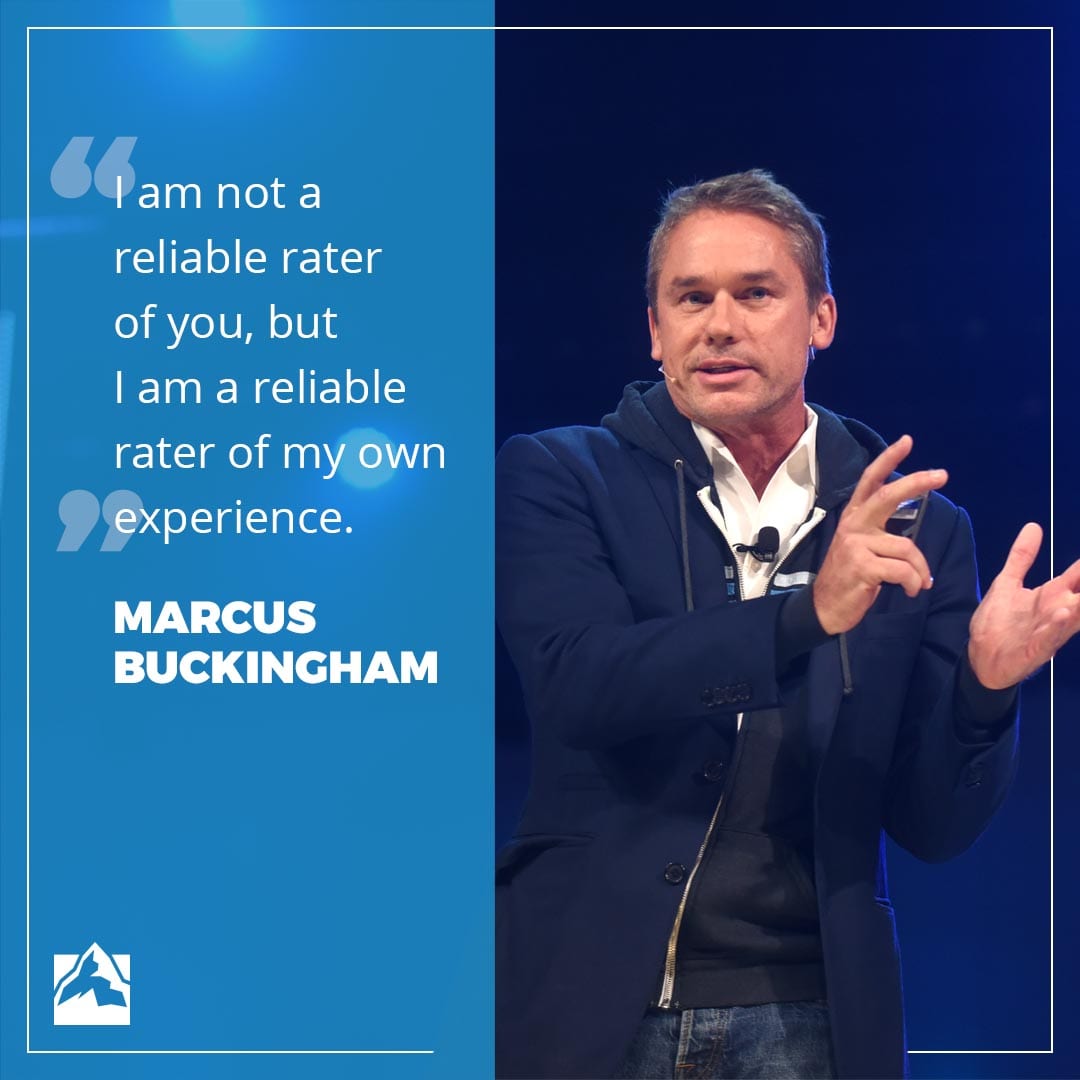
I am not a reliable rater of you, but I am a reliable rater of my own experience.

I am not a reliable rater of you, but I am a reliable rater of my own experience.

It’s easy to recognize a flourishing workplace. It is a culture of growing mutual trust, transparency and unity. Top to bottom, it’s a culture where people look forward to coming to work every day because they feel so engaged. It’s a culture where everyone is working together because they not only believe in the organization’s mission, they believe in each other.
Is this the kind of culture you want to create?
At the Best Christian Workplaces Institute, we believe that Christian organizations should set the standard as the best, most effective places to work in the world. Throughout fifteen years of research on hundreds of organizations in our growing database, BCWI has pioneered and developed a culture model that statistically defines the eight drivers of a flourishing workplace.
It’s easy to recognize a flourishing workplace. It is a culture of growing mutual trust, transparency and unity.
Objective measures of a healthy, flourishing culture are not only possible, they’re absolutely essential for any organization that wants to optimize their workplace, effectiveness and kingdom impact.
According to Patrick Lencioni, effective, cohesive teams remain the sustainable advantage. Fantastic teams effectively engage in passionate dialogue around issues; they seek to resolve conflict and strive for excellence in all they do. They are competent in their work areas and across department lines.
When staff are devoted to their role and able to utilize their skills and spiritual gifts to the fullest, you find people who love working in the organization.
Flourishing organizations recruit and retain high-quality talent, promote those who are most capable, and reward their top performers.
It’s all about measuring supervisory competence and compassion, the quality of performance feedback, recognition, and the opportunity to learn and grow.
Flourishing organizations create fair compensation and employee satisfaction along with medical, retirement and paid-time-off benefits.
This is the authenticity of a leaders’ Christian faith in action. A leader is viewed as credible when he or she demonstrates the fruit of the Holy Spirit, lives with integrity, exhibits humility and compassion, is transparent and creates high levels of trust in the organization.
Does your organization have an effective, high-quality strategy to meet the needs of those you serve? Is there consensus around your goals, and do you meet these goals while nourishing loyal, long-term relationships including those of friends and family who recommend your organization to others?
Staff feel free to voice their opinions, and people are encouraged to innovate. As a result, people experience managers who listen to, and act upon their suggestions.
Creating a flourishing culture takes time and effort.
Creating a flourishing culture takes time and effort. Yet, be encouraged: You are bound to see positive, measurable results in each of these eight drivers as you seek to equip your people to be more effective and productive in fulfilling God’s distinctive mission of your organization.
We can all take our cues from King Solomon who said, “Know well the condition of your flocks and pay attention to your herds” (Prov. 27:23 NASB). Translation: Each of us in leadership has a responsibility to pay attention to the people in our organizations and know what they need in order to flourish—as individuals and as teams. When you put this kind of wisdom to work, your leadership, your culture, and your impact will never be the same.

Andy Stanley released a new book last week,Irresistible: Reclaiming the New that Jesus Unleashed for the World, 1 exploring the compelling faith of first-century Christians. Read the excerpt below for a sneak peek into this brand-new content.
In the parable of the prodigal son, when referring to the wayward younger brother, Jesus says:
But while he was still a long way off, his father saw him and was filled with ______.
Remember what comes next? Don’t look. How we fill in that blank says a great deal about how well we understand the new Jesus unleashed in the world.
In the past, I’ve felt scorn, anger, and resentment toward sinners. Even repentant sinners. Who could blame me? These folks, in some cases friends, enjoyed the pleasure of sin and then turned around and leveraged God’s forgiveness and forgetfulness. They were having it both ways. I didn’t like it. I didn’t like them. So, yeah, my word was different than the word Jesus put in the mouth of the prodigal’s father.
What word would you choose?
What would you be “filled with” if you were a brother or sister to the prodigal? What word would your church or denomination put in that blank?
But while he was still a long way off, his father saw him and was filled with compassion.
According to Jesus, the proper response to sin isn’t jealousy, anger, or indifference. It’s compassion. That’s easy to say but difficult to do. Jesus knew that. In the end, he put his life where his mouth was. Again, Paul said it best:
You see, at just the right time, when we were still powerless, Christ died for the ungodly.
Still powerless.
Very rarely will anyone die for a righteous person, though for a good person someone might possibly dare to die. But God demonstrates his own love for us in this: While we were still sinners …
Before we began our journey home.
But God demonstrates his own love for us in this: While we were still sinners Christ died for us.
Sin should break our hearts because sin breaks people and broken people break the Father’s heart. That’s the new covenant.
Sin should break our hearts because sin breaks people and broken people break the Father’s heart. That’s the new covenant. That’s the new way. That’s the way of love. The way of Jesus. The way of his followers.
The old covenant said, Stone him. The new covenant said, take him back, swine smell and all.
It took me far too long to realize I can’t be for people far from God until I feel what the Father feels toward people who are far from him. He’s not angry. He’s not jealous. He’s certainly not indifferent. He’s brokenhearted. He’s got his eyes on the road.
So yeah, I had work to do.
I came to despise the Pharisee in me. The sin in me was far less excusable and of far greater consequence than the sin I was so quick to point out and call out in others. The New Testament took on a different flavor. I saw what I had always seen, but more. Much more.
Moral and ethical purity was still important, but I discovered there was more to faithfulness than fidelity. There was more to following Jesus than staying out of trouble. And where had this idea of loving one-another been all my life?
Slowly, I laid down my old-covenant-mix-and-match approach to faith. I became less prone to sizing people up and writing them off. Faith became more relational and less transactional.
Not surprisingly, I found this new approach to be less complicated but … altogether more demanding. Engaging with an invisible God alone in my favorite quiet time spot is far less demanding than “one-anothering” people.
But one-anothering was what love required of me.
It was what Jesus required of me. Heck, it was what he had done for me!
1 Taken from Irresistible by Andy Stanley. Copyright © 2018 by Andy Stanley. Used by permission of Zondervan. www.AndyStanley.com/Irresistible

I am the President and CEO of The Willow Center, a certified outpatient treatment provider and counseling center focused on assisting individuals and families as they find their way back from substance use disorders and other life circumstances. As someone in recovery, celebrating 14 years of sobriety, I am very passionate about showing people what is possible in their own lives.
When I started this organization, I had nothing to lose. But as we started to grow, fear started to creep in. It wasn’t until I attended the Summit for the first time in 2016 that I realized I had been leading from a place of fear. I was projecting it onto my staff and was not supporting them the way I should have been. I had been very critical instead of fostering their skills and focusing more on their assets as contributing members of our team. Truthfully, I wouldn’t have wanted to work for me!
The Summit has shown me that my influence matters; my leadership matters; the lives I touch and the lives of their families, really matter.
Attending the Summit gave me an opportunity to grow professionally as a leader and personally as someone who is trying to lead more like Jesus in an organization that cannot identify as faith-based due to receiving government funding. My fear, both internal and projected, wasn’t helping my organization. Because of the Summit, I started to lead for God and I saw things start to change. I felt God say that He would lead me in every stage of our business. I was reminded that I am an agent and that God’s plan is bigger than mine. Even if plans didn’t go like I thought they should, everything would still be ok.
After the Summit I implemented several things. We are still a work in progress, but we are taking steps forward. These are a few of the things I learned:
There are so many ways that people who remind me why we do what we do. People are reunited with their families. People have found purpose and meaning. It keeps me going when I see the light return to their eyes. When we can help one person struggling with addiction, we can help their entire family.
The Summit has shown me that my influence matters; my leadership matters; the lives I touch and the lives of their families, really matter.
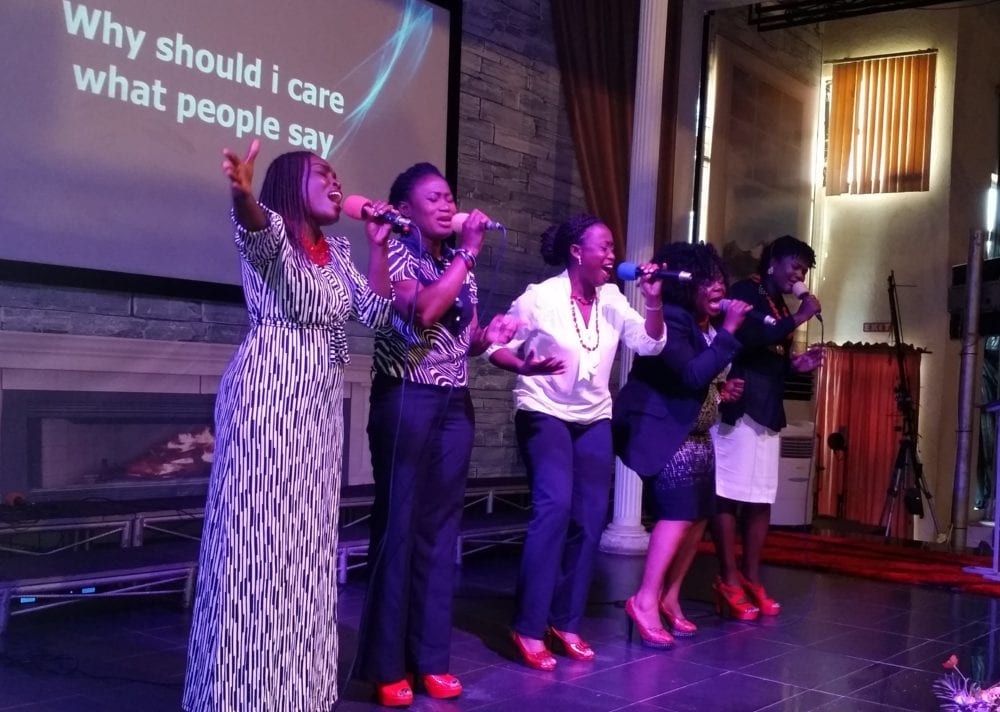
Every Tuesday and Thursday morning at 8:30 am CST, our staff gathers together to pray for our partners across the globe.
Please join us in prayer as we lift up the international Summit events happening this weekend. Pray for God’s anointing on every detail and that those who attend would leave feeling equipped, inspired and encouraged to lead the change they long for in their communities.
And if you have a prayer request, please share it with us. We would be honored to pray with you!
Benue, Nigeria
Libreville, Gabon
Lagos, Nigeria
Yaba, Nigeria
I ask God to give us leaders who are inspiring. Leaders who are godly. Leaders who are God fearing. Leaders who will do the will of God. They are not selfish, but sacrificial leaders. Leaders who will give of themselves and say we just need to do the will of God.
Port Harcourt, Nigeria
Bellary, India
Makurdi, Nigeria
Ibadan, Nigeria
Akoka, Nigeria
The church is the hope of the world. We have the Gospel. Despite the change in times, the Gospel remains the same. Despite all that is happening around the world, it is still good. The church is the hope of the world! We [as Christians] are the ones who can go to any lengths to make sacrifices and love people even when they hate us. We are the hope of the world. We are the ones going to a very critical, terrible areas. We venture into areas we might be slaughtered or we might be killed. But we are the hope of the world. We HAVE to bring light into dark places. We have to bring hope to the hopeless. We want to feed the poor and visit the prisoners. The world is crying from hunger. There is war all over the place, but we are to bring peace.
Ogbomosho, Nigeria
Benin, Nigeria
Port Harcourt, Nigeria
If I could change one thing in the world, it is to change leaders because leaders set the pace. If we have leaders of integrity, men and women of honor, the followers will also be men and women of integrity and honor.
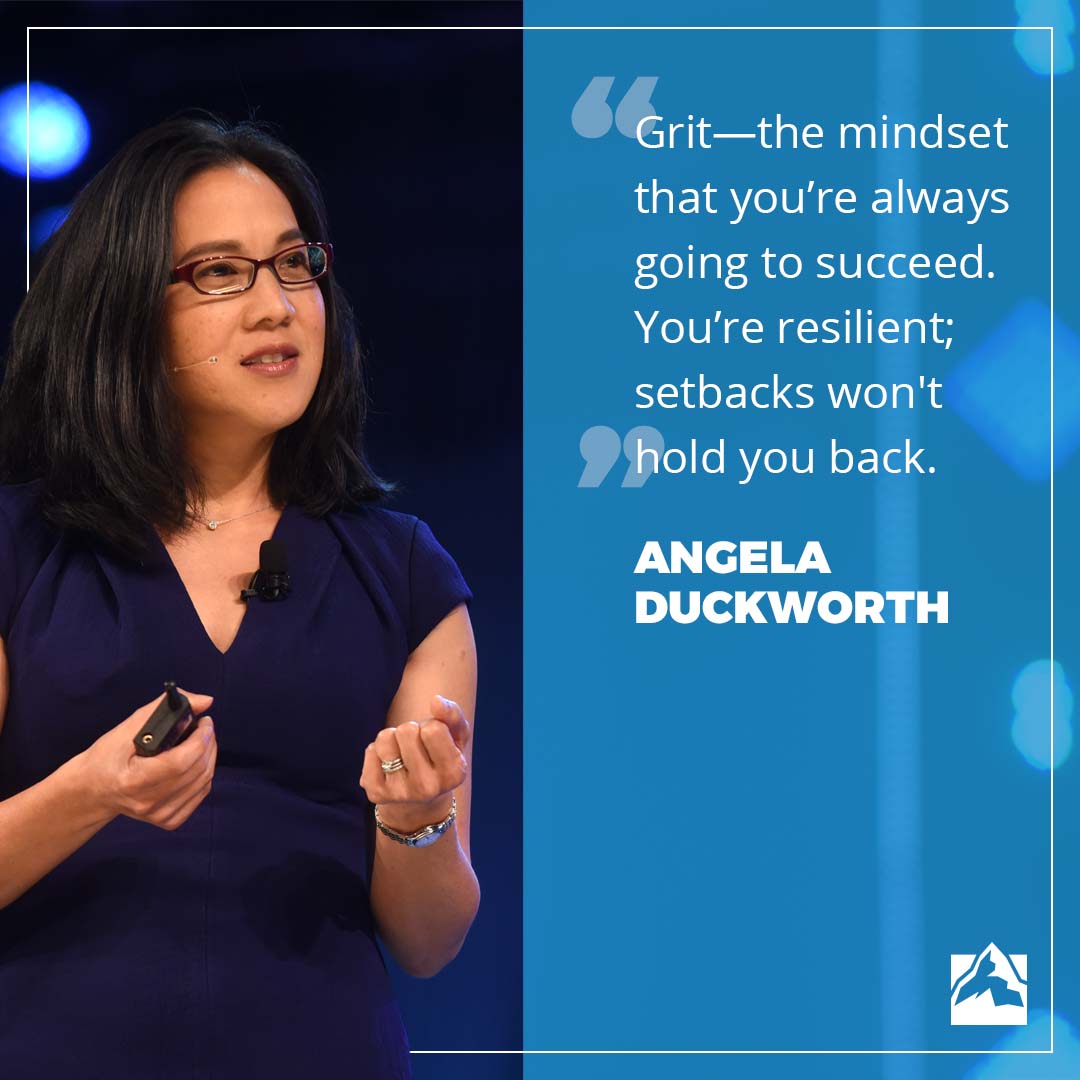
Grit—the mindset that you’re always going to succeed. You’re resilient; setbacks won’t hold you back.
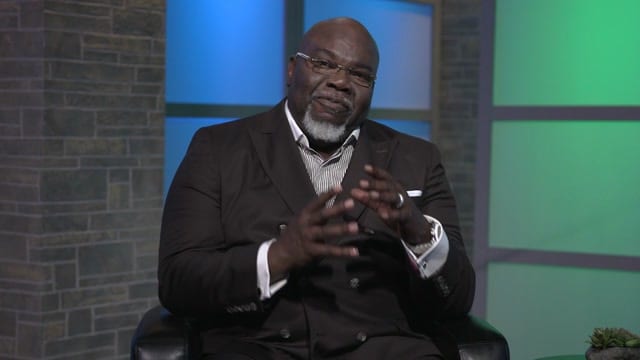
T. D. Jakes explains the mindset leaders need to take when approaching challenging situations.
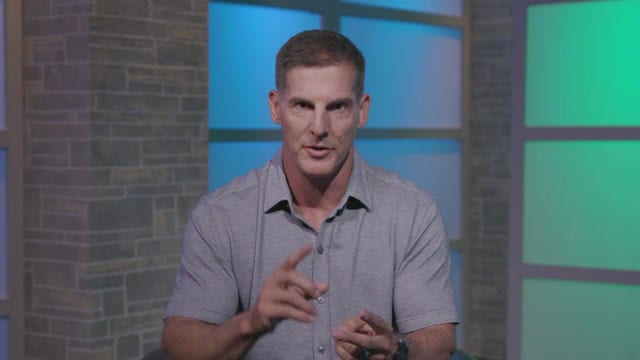
Craig Groeschel shares practical ways to communicate that you care about the members of your team.

Simon Sinek describes the mindset shift from playing a finite game to an infinite one.

Simon Sinek explains the difference between rules for a finite game and an infinite one.
“We welcome and encourage comments on this site. There may be some instances where comments will need to be edited or removed, such as:
If you have any questions on the commenting policy, please let us know at heretoserve@globalleadership.org”
Recent Comments